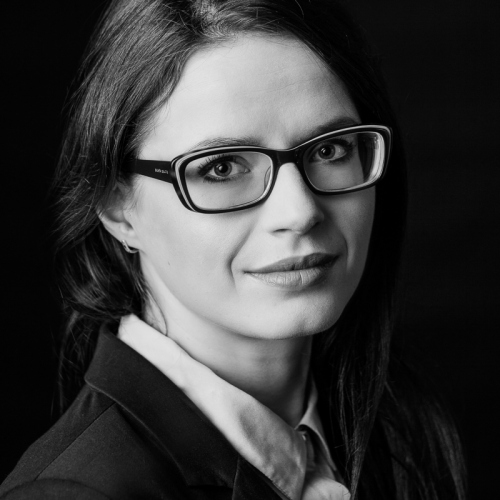In my last post I examined whether artificial intelligence could be regarded as an “author” for purposes of copyright law. This topic is intriguing, but we must remember that AI can not only create works that at least theoretically can be covered by copyright protection, but it can also infringe copyrights held by others when creating its own works. There are already algorithms that can mimic a certain style of painting or a specific author. In the face of technology enabling anyone with access to it to produce their own “masterpiece by a famous painter,” it is worth considering whether AI can be held responsible for copyright infringement, and if not, who can?
Category: creative industry
Liability for copyright infringement by AI
Will the blockchain stir up intellectual property agreements?
Conversation with Monika A. Górska and Lena Marcinoska of the Intellectual Property Practice at Wardyński & Partners about whether the blockchain may be regarded as a new area of use.
Newtech.law: Blockchain based solutions are developing rapidly in various sectors of the economy. Have they also entered the creative sectors?
Monika A. Górska: Definitely. DLT technology may be used successfully to record intellectual property rights and to register transactions involving creative work. Moreover, most computer programs are written today with a blockchain project capability.
Newtech.law: Does the arrival of blockchain-based solutions give rise to any problems with copyright agreements?
Multimedia trademarks open entirely new possibilities
Changes regarding EU trademarks entered into force on 1 October 2017.
Multimedia marks combine image and sound, and can be for example animations launched on mobile devices or apps, film studio jingles, brief video clips, and so on.
Now filings can be made to register multimedia trademarks in the form of an MP4 file of up to 20 MB.
Infringements of intellectual property rights in augmented reality
The physical reality around us is transforming almost imperceptibly into augmented reality (AR). So far, most of us associate the latter mainly with the entertainment industry (such as, say, PokemonGo). Meanwhile, augmented reality may become ubiquitous and permanent – something that cannot be switched off by closing an application or removing AR glasses.
Copyright trolling of peer-to-peer network users
It is easy to break copyright law when using torrents. Nonetheless, if a demand for payment arrives requesting discretionary amends for harm caused by distributing, say, a film without a licence, it must be read carefully and checked whether its sender is actually the rights holder, or just someone making a living from sending such letters.
Legal regulation of e-sport imminent
In April of last year, we pondered the legal aspects of e-sport and stated that its status in Poland is unregulated. This situation may change with the recently published proposal to amend the Sports Act, drafted by the Ministry of Sport and Tourism.






